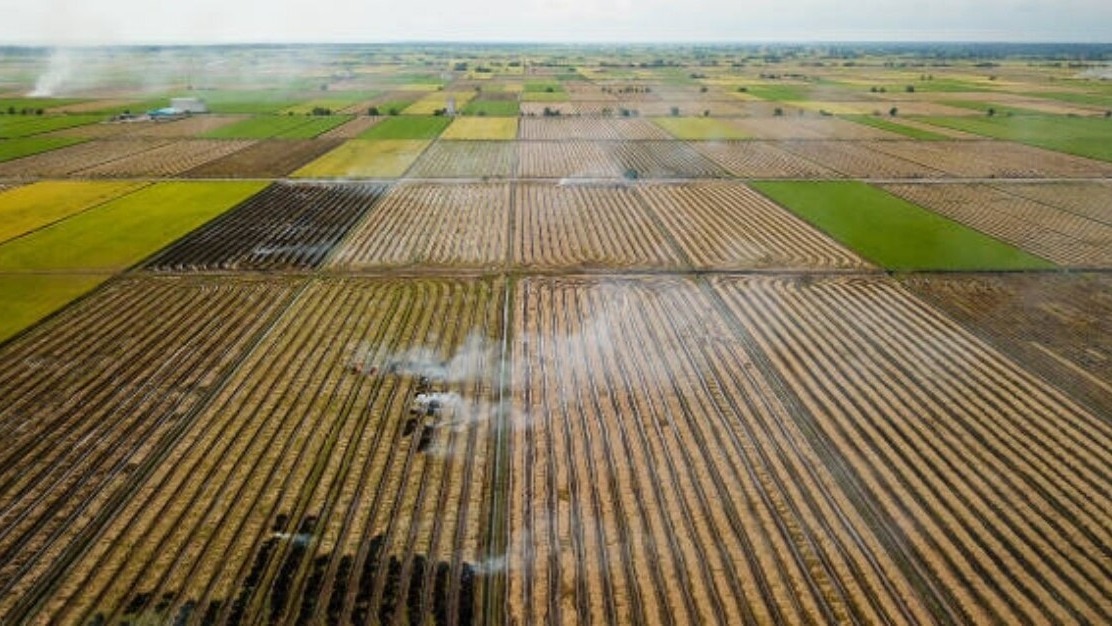Punjab is staring down a looming ecological disaster, as relentless paddy cultivation pushes the state closer to desertification, warns Acharya Prashant, founder of the PrashantAdvait Foundation.
Once the heart of India’s Green Revolution, Punjab now faces an acute water crisis—driven by the very crop that symbolized its agricultural success: rice.
In a LinkedIn post, Prashant highlighted the unsustainable reality of rice farming in the region, noting that “it takes 4,000 to 5,000 litres of water to produce just 1 kilogram of rice.”
Despite being among the world’s most water-thirsty crops, rice remains Punjab’s dominant harvest.
The state produces nearly 12 million metric tons of rice annually, using 97% of its extracted groundwater solely for paddy cultivation. This has made Punjab the largest extractor of groundwater in India.
Several districts, including Moga and Patiala, have already seen water tables plunge below 300 feet. If current trends continue, Punjab could deplete its groundwater within 10 to 14 years.
The continued focus on rice, he argues, is heavily influenced by the Minimum Support Price (MSP) scheme. With rice and wheat among the few crops procured at scale and guaranteed prices, farmers are financially incentivized to grow them—even at the cost of environmental sustainability.
This is not a new crisis. Agricultural economist Dr. Sardara Singh Johl raised alarms decades ago and proposed crop diversification as a solution.
In 1986 and again in 2002, he urged the government to spend ₹1,600 crore to incentivize the cultivation of less water-intensive crops like pulses and oilseeds. The plan, he noted, was approved by the Finance Ministry but stalled in the Agriculture Ministry and never saw the light of day.
Acharya Prashant calls for public awareness and political accountability. “In a democracy, the leader follows the public,” he wrote. “If people prioritise the water crisis…leaders will be forced to listen.”
As climate change accelerates, Punjab’s agricultural model teeters on the edge—threatening not just food security, but the state’s survival.






